Chopin taught at the University of New Brunswick for 35 years
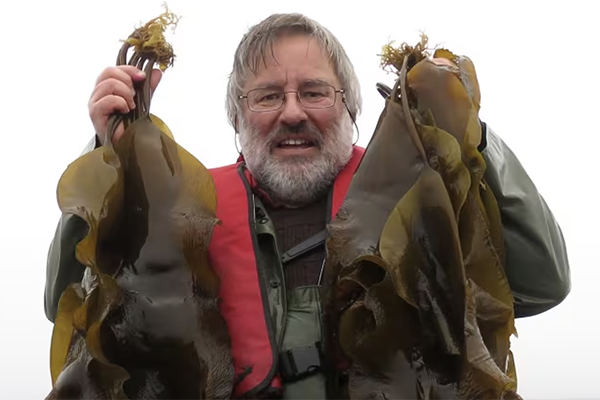
Thierry Chopin, a University of New Brunswick professor who long advocated the benefits of Integrated Multitrophic Aquaculture, or IMTA, died on July 18, just three weeks after his retirement, according to his family.
Chopin taught at UNB for 35 years, leading numerous students into successful careers in marine sciences as well as medical and other science-based fields. He is noted globally for his research in marine aquaculture, particularly IMTA, which involves the vertical farming of multiple species (seaweed, shellfish, finfish and bottom-feeders) in one system to improve efficiency, reduce waste and provide crucial ecosystem services.
According to a LinkedIn post on Chopin’s account, his final days were spent with his wife, enjoying the view of Northumberland Straight, between New Brunswick and Prince Edward Island. The couple had just celebrated their 37th wedding anniversary and were planning a trip to South Africa in September.
“We were both very excited about this new chapter of our life together. He was going to select/accept to do work he enjoyed, and instead of him taking short, rushed trips to conferences and returning home, we were going to spend time exploring the corners of the world that conferences or his consulting trips took him to…extending the duration of the trips so we could experience the people, places and cultures together,” the post said.
“I pray that those of you who shared his passion for our world, particularly the ocean, will remember the moments the two of you shared with a smile, a laugh and perhaps also an appreciation for the depths of some of your discussions. Share the knowledge with the younger generation…whether they be your students, children or grandchildren … and perhaps think of him, because the dissemination of knowledge for the future was one of his many goals.”
“The passing of Thierry Chopin is a significant loss to the University of New Brunswick, the marine biology field, and the many lives he touched through his work and teaching,” the university said. “His legacy will endure through the countless students he inspired, the groundbreaking research he conducted, and the lasting impact of his efforts to promote sustainable ocean farming practices. Thierry Chopin will be deeply missed, but his contributions will continue to influence and inspire future generations. Rest in peace, Thierry, and thank you for your brilliance, passion and dedication to the ocean and its stewardship.”
Thierry Chopin was born and educated in France. He obtained a doctorate from the University of Western Brittany in Brest, France. He moved to Canada in 1989 and was a Professor of Marine Biology at the University of New Brunswick in Saint John ever since.
Chopin’s research focused on the ecophysiology, biochemistry and cultivation of seaweeds of commercial value and the development of responsible and efficient IMTA systems for enhanced environmental sustainability. IMTA, he said, offers nutrient bio-mitigation and other ecosystem services, or green technologies for improved ecosystem health.
From 2009 to 2017, he was the scientific director of the Canadian Integrated Multi-Trophic Aquaculture Network (CIMTAN), an interdisciplinary strategic network of the Natural Sciences and Engineering Research Council of Canada (NSERC). He created the companies Chopin Coastal Health Solutions Inc. (in 2016) and Turquoise Revolution Inc. (in 2022).
Chopin was a past president of the Aquaculture Association of Canada, the Phycological Society of America and the International Seaweed Association (of which he was also Secretary General for six years). He was an advisor, a contributor to the Advocate and the winner of numerous academic awards.
He was also an Honorary Consul of France and Knight in the Ordre National du Mérite, Officer in the Ordre des Palmes Académiques and Knight in the Ordre du Mérite Maritime. He was a recipient of the Queen Elizabeth II Platinum Jubilee Medal and a Compagnon in the Ordre des Compagnons du Beaujolais and Ambassador Très Beaujolais.
For those who wish to honor him, the Chopin family respectfully requests contributions to the Thierry Chopin Award for Graduate Coastal Studies at www.unb.ca/chopinaward to continue his legacy and support the next generation of coastal studies scholars.
Author
-
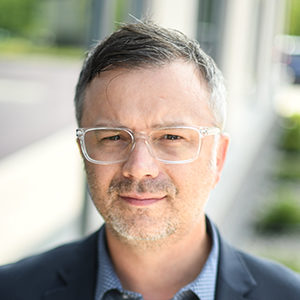
Jamie Wright
Editorial Manager
Global Seafood Alliance
Portsmouth, NH, USA
james.wright@globalseafood.org
Tagged With
Related Posts

Responsibility
A look at integrated multi-trophic aquaculture
In integrated multi-trophic aquaculture, farmers combine the cultivation of fed species such as finfish or shrimp with extractive seaweeds, aquatic plants and shellfish and other invertebrates that recapture organic and inorganic particulate nutrients for their growth.
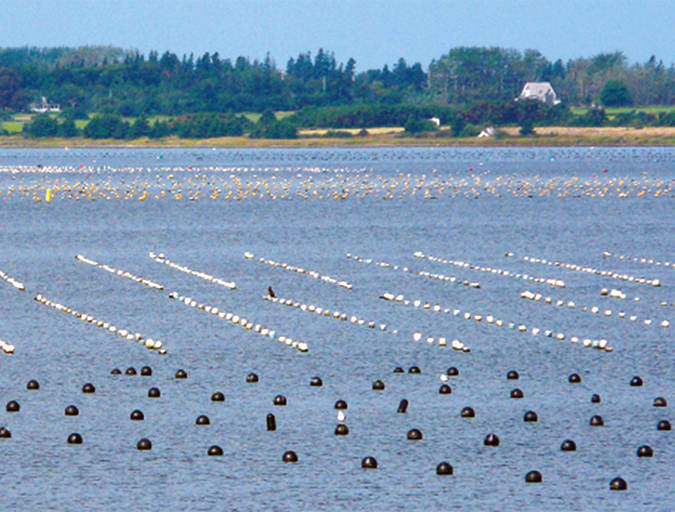
Innovation & Investment
Aquaculture in Canada: status, perspectives
Canada exports farmed seafood products to more than 22 countries and is the main seafood supplier to the U.S. market. Finfish, primarily salmon, production is strong and shellfish production is growing, but diversification will be imperative to maintain competitiveness.
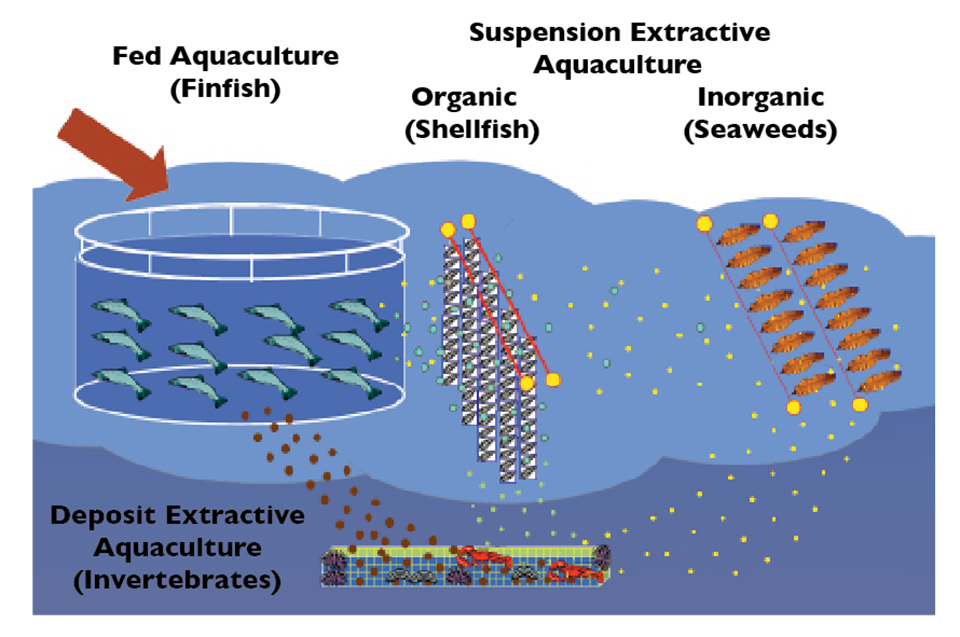
Responsibility
Integrated multi-trophic aquaculture, part 1
Integrated multi-trophic aquaculture involves cultivating fed species with extractive species that utilize inorganic and organic wastes for their growth.
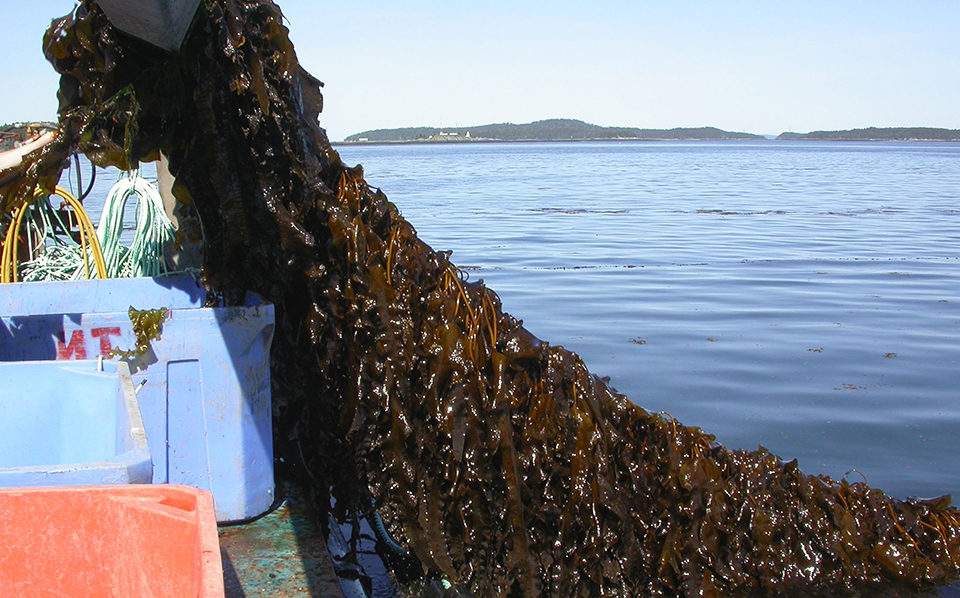
Responsibility
Integrated multi-trophic aquaculture, part 2
Regulatory frameworks and financial incentives may be required to fully realize the benefits of integrated multi-trophic aquaculture systems.

